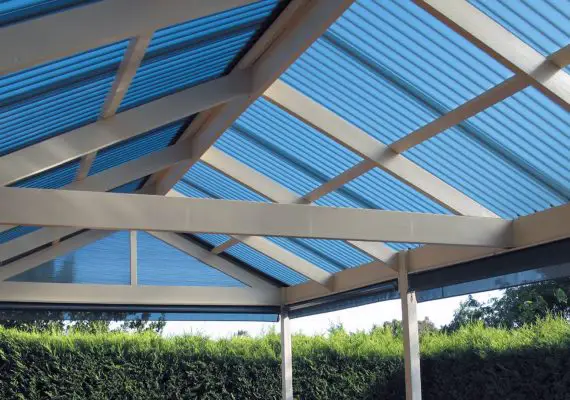What Is Roof Eaves Detail?
What Is Roof Eaves Detail?
The eaves are where a roof extends a little distance past a building’s wall. This is an important aspect of the roofing because it must be completed properly to prevent animals from nesting and probable water penetration.
It is also essential to have a suitable underlayment. In some areas, the eaves are required to end at the wall, while in other locations, they may extend to ground level or higher.
When looking at the roof as a whole, it is important to consider how this area connects with the rest of the roof and the building systems underneath it.
What Are The Eaves Of The Roof?
The eaves are the roof edges that overhang the face of a wall and, in most cases, extend over the side of a structure.
The eaves provide an overhang to keep water away from the walls and can be elaborately adorned as part of an architectural style, such as the Chinese dougong bracket systems.
They can also be designed to prettify the roof and fit within the overall structure of a roof, as with a one-over-one pitch. Since eaves are also referred to as overhangs, it is important that any shingle selected for these areas be compatible with the rest of the roofing.
How Do You Enclose Roof Eaves?
The ends of the roof rafters are visible when the eaves are left exposed in some home construction. Soffit panels can be used to encapsulate the eaves. These vinyl or metal panels provide a solid cover over the eaves, acting as a barrier to keep birds, insects, and weather out.
You can also use the metal channel, a horizontally or vertically oriented metal or metal-coated plastic channel that covers the overhanging portions of the roofing system.
Are Roof Eaves Necessary?
It can be an intermediate protection space in rainy areas, shielding the building frame and exterior façade from the elements. Eaves, on the other hand, are not a required construction component.
The main function of the eaves is to protect the walls from moisture damage, and they do this job quite well. Roofs are commonly built without them, but it is important to make such a decision with safety in mind.
Can You Add Eaves To An Existing Roof?
A roof overhang shields the building beneath it from rain and wind; if your home has one, installing one is a simple construction project. While framing a new overhang is simple, integrating the new overhang into the old roof takes time and money.
It’s best to install the new overhang on new roofing material to preserve the roof’s integrity. This is due to the high cost of retrofitting an existing roof. Additionally, the material and labor required to install the new overhang will not be cost effective if it is on an existing roof.
There are some underlayment options that you can use in place of the weather barrier and some types of shingles that are ventilated, but these systems may have disadvantages that prevent their use in your area.

